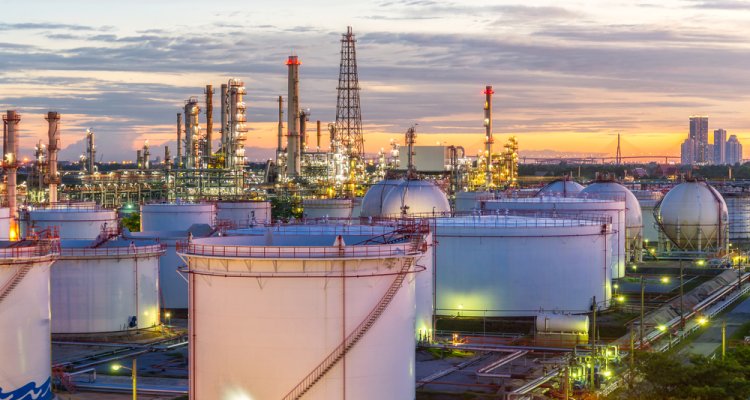
Project
Carbon Dioxide Supplementation in a Decarbonised Future
We need less CO2, but plants love it – how could these objectives be unified? In Dutch greenhouses, CO2 is typically supplemented to increase crop yields. In recent years, a lot of effort has been put into replacing natural gas with renewable energy sources. However, most of these approaches supply energy in a way that no longer generates CO2 as a by-product. When fossil fuels will no longer be the norm, how will we provide growers with CO2? What are the reliable, future-proof pathways in a circular economy that will eliminate the need for fossil fuels altogether? We propose to investigate a number of alternatives, including direct air capture, fuel cells, and non-fossil sources of CO2 from industry. What are the requirements, do the numbers stack up, and what are the bottlenecks? In this way, we hope to offer new avenues for a sustainable CO2 supply in the greenhouse sector of the future.
We need less CO2, but plants love it – how could these objectives be unified? In Dutch greenhouses, CO2 is typically supplemented to increase crop yields. In recent years, a lot of effort has been put into replacing natural gas with renewable energy sources. However, most of these approaches supply energy in a way that no longer generates CO2 as a by-product. When fossil fuels will no longer be the norm, how will we provide growers with CO2? What are the reliable, future-proof pathways in a circular economy that will eliminate the need for fossil fuels altogether? We propose to investigate a number of alternatives, including direct air capture, fuel cells, and non-fossil sources of CO2 from industry. What are the requirements, do the numbers stack up, and what are the bottlenecks? In this way, we hope to offer new avenues for a sustainable CO2 supply in the greenhouse sector of the future.